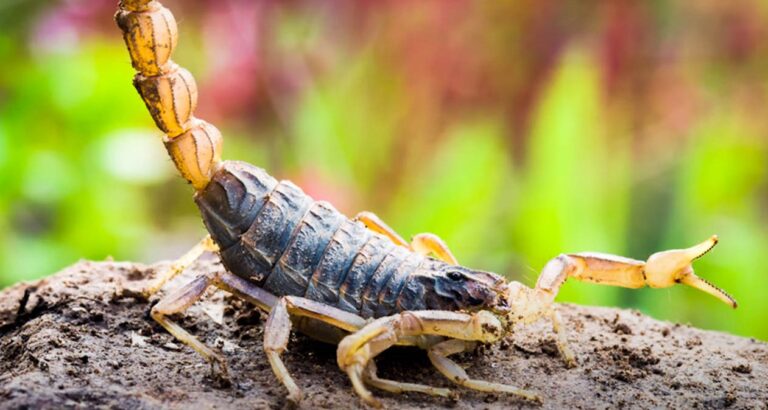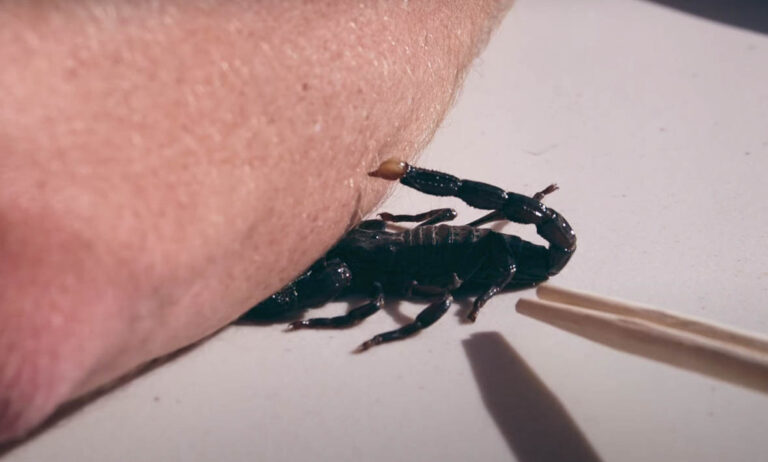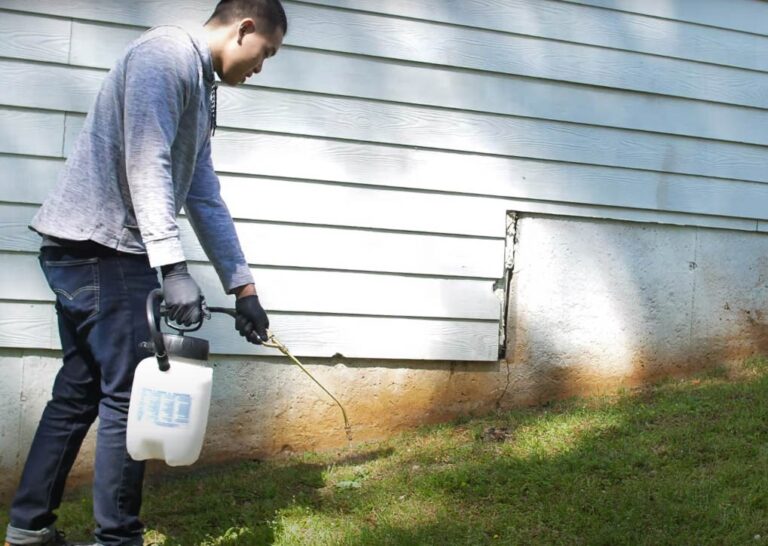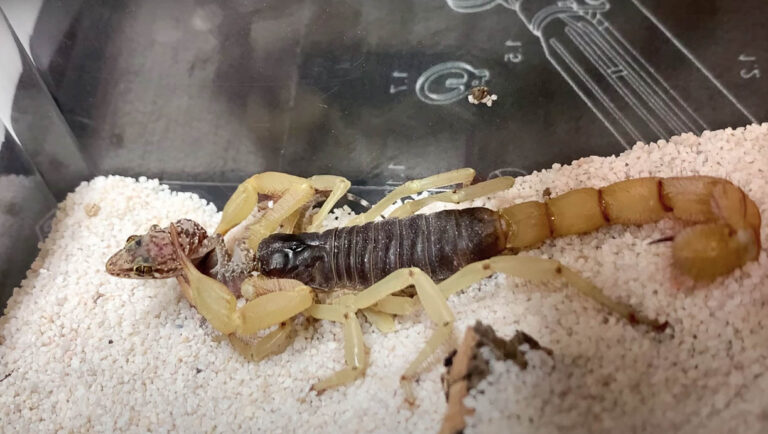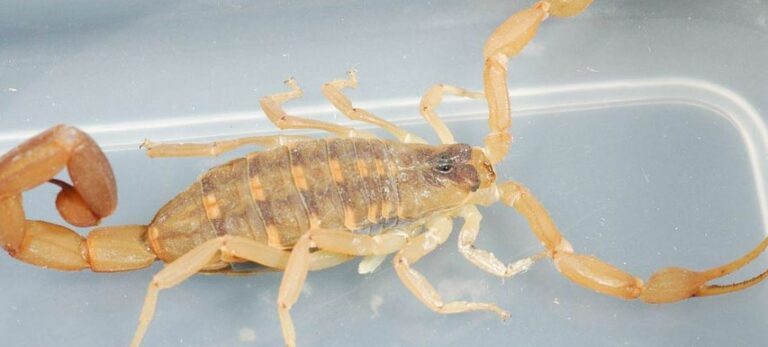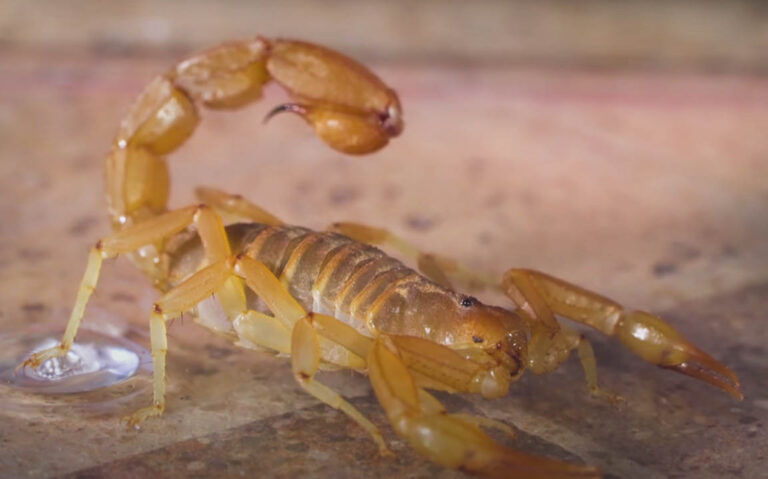What attracts scorpions?
What Attracts Scorpions?
There are over a thousand species of scorpions worldwide, each with its own life cycle and habitat preferences. As such, there is significant variation in what draws scorpions into different habitats. Despite this variety, scorpions do share several similarities and likes. Using these, you can work out what is attracting your particular species of scorpion into your home.
Thankfully, most species of scorpion keep to themselves. By nature, they’re burrowing creatures, and so aren’t easy to discover. Nevertheless, if you find a scorpion in your home, it is essential to take immediate action. Consider these factors.
Shelter
As mentioned, scorpions are burrowing creatures. Generally, they prefer to come out at night, so during the daytime, they will need a place to hide. If your home is in the vicinity of their hunting ground, then they may venture inside to find shelter. Anywhere that keeps them out of the light and heat will be ideal. This can include a stack of logs, bark, or straw. But may also include tools, shelving units, and other sheltered areas. Most likely these will be in your yard or garage, so give the area a clear out. But be careful to avoid any hiding scorpions.
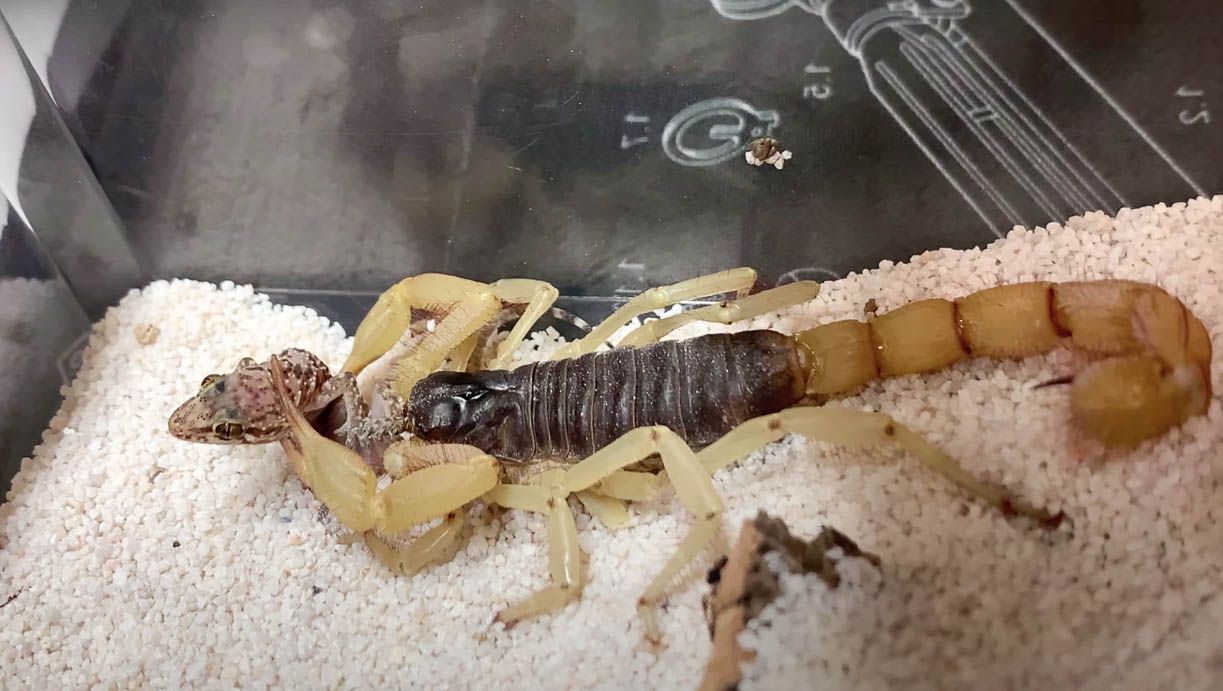
Moisture
Scorpions like it hot. Most species thrive in the blistering desert heat. However, like all animals, they still need water to survive. In a hot summer, scorpions can often go exploring through pipes and drains to find a water source. This is one reason why they’re commonly found in bathrooms and kitchens. But they’ll go anywhere water is, so check your laundry room and backyard too. If you notice a scorpion hiding in your bathroom, then it is likely they are frequenting your house regularly.
Darkness
Scorpions are nocturnal creatures. As such, they are sensitive to changes in light and heat. To stay safe and cool during the daylight hours, scorpions will search for darkness. In the wild, this means looking for a crevice or making a burrow. In your home, it means hiding in the dark corners. This could be under the sofa, or behind a bookcase. However, it does help that scorpions glow in UV light. So, by using a black light, you can quickly identify them.
Food
If in doubt, follow the food. Scorpions feed on a whole menagerie of creatures, including centipedes, flies, beetles, and spiders. They’ll even go after bigger prey like lizards, mice, and other scorpions. So, if there are lots of insects in your home, the likelihood is this is what is attracting the scorpions. Clean up any crumbs or leftovers, to keep the ants and roaches out. By controlling the insect population, you indirectly control the scorpions. Remember, scorpions don’t head into a house without good reason. They prefer the outdoors and will stay there if they can. To venture into a home, they need something worth the effort. Find out what that is, and scorpions will leave your home alone.
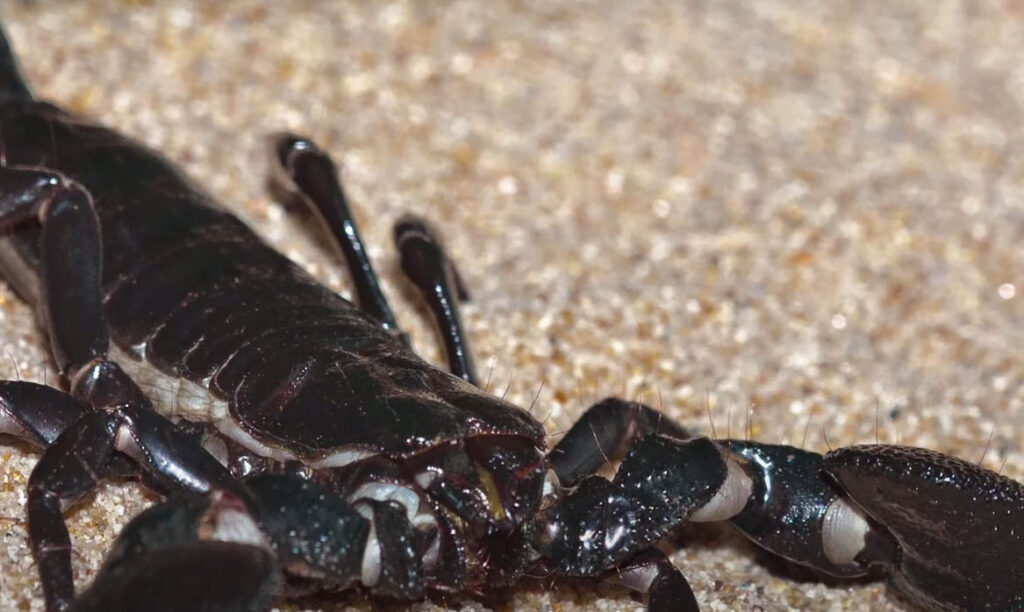
Once the larva is grown, it is sealed up inside the cell and continues to develop into the pupae stage. After three or four weeks after the initial egg is laid, the pupae are then changed over to an adult. The adult wasp will emerge and help with anything needed inside the colony from caring for other young babies, foraging around for food, or working on the nest.
Conclusion
The European paper wasp is not an aggressive wasp. They will sting if they feel trapped or if they are harmed in any way. They are also protective of their nest so if you see wasps circling around, you will want to walk away from them to avoid any confrontation.

